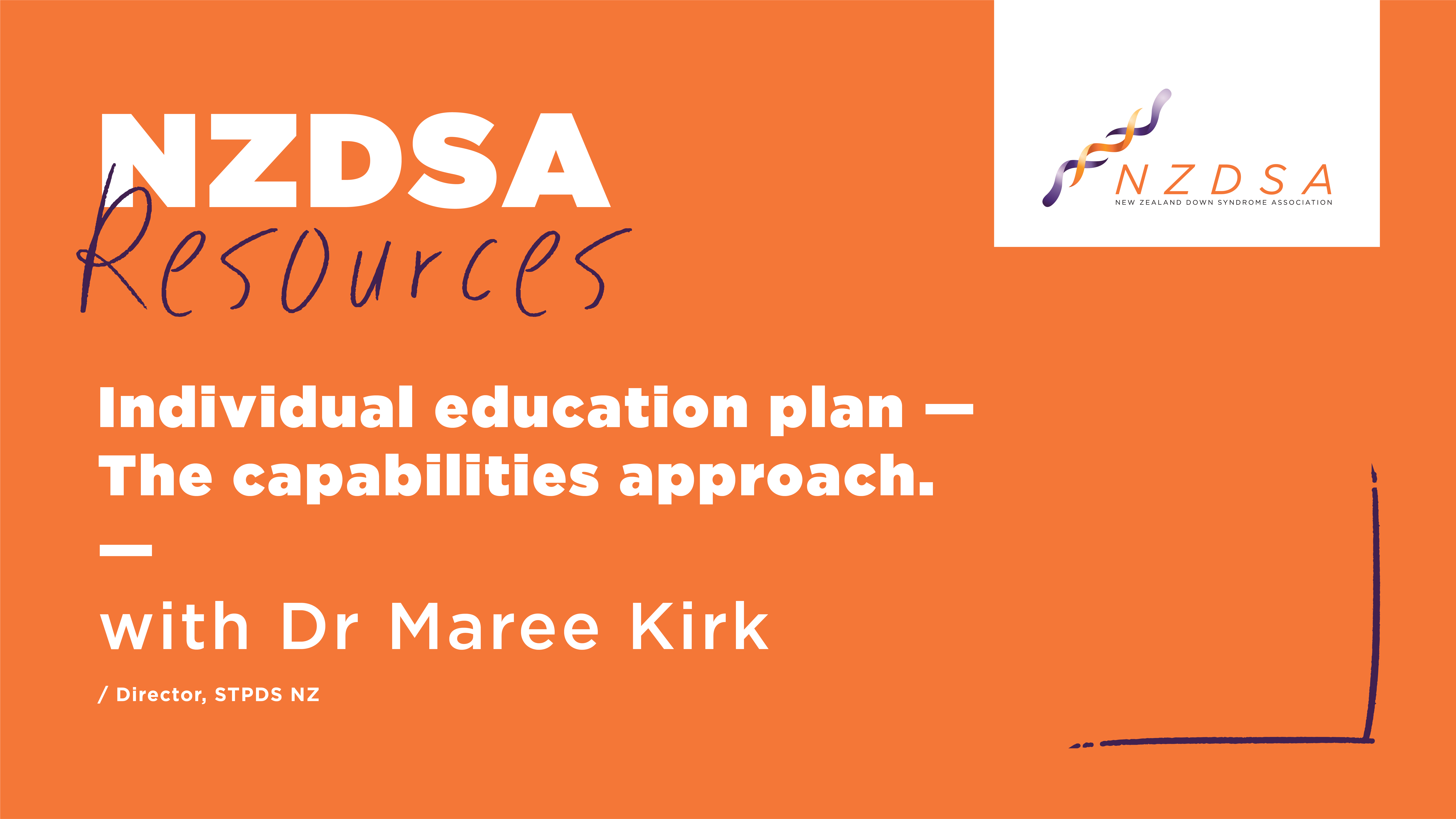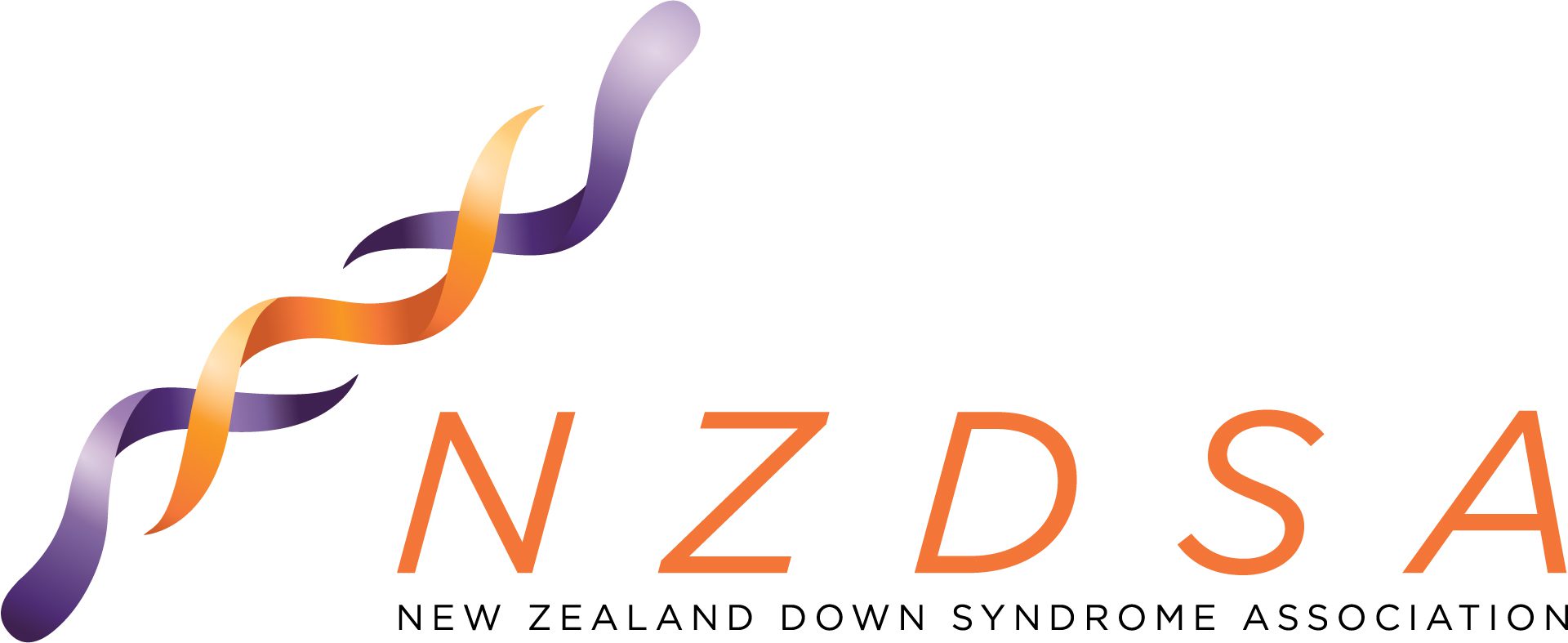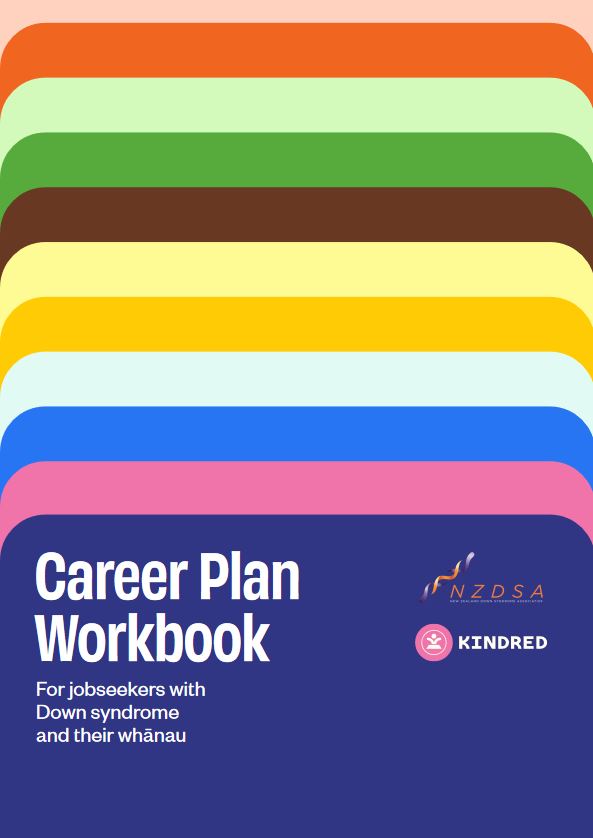

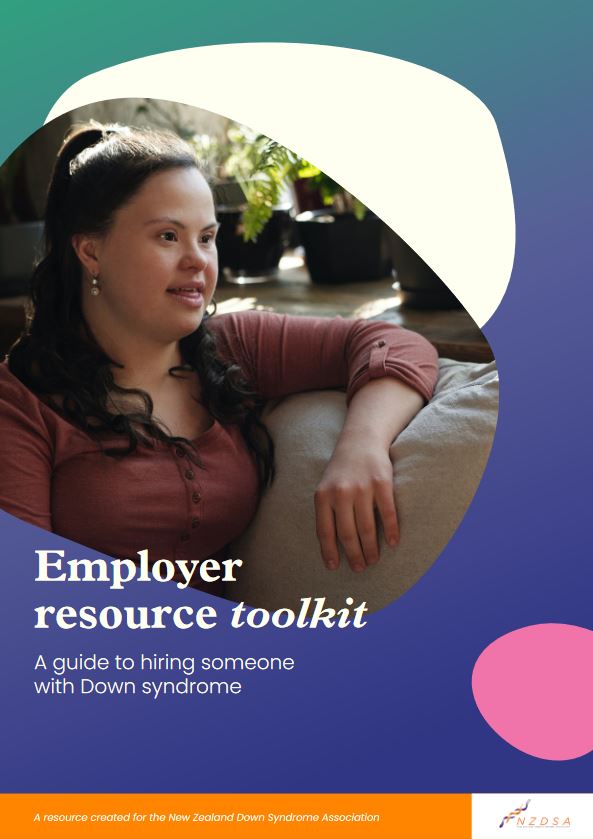
Employers guide to hiring someone with Down syndrome
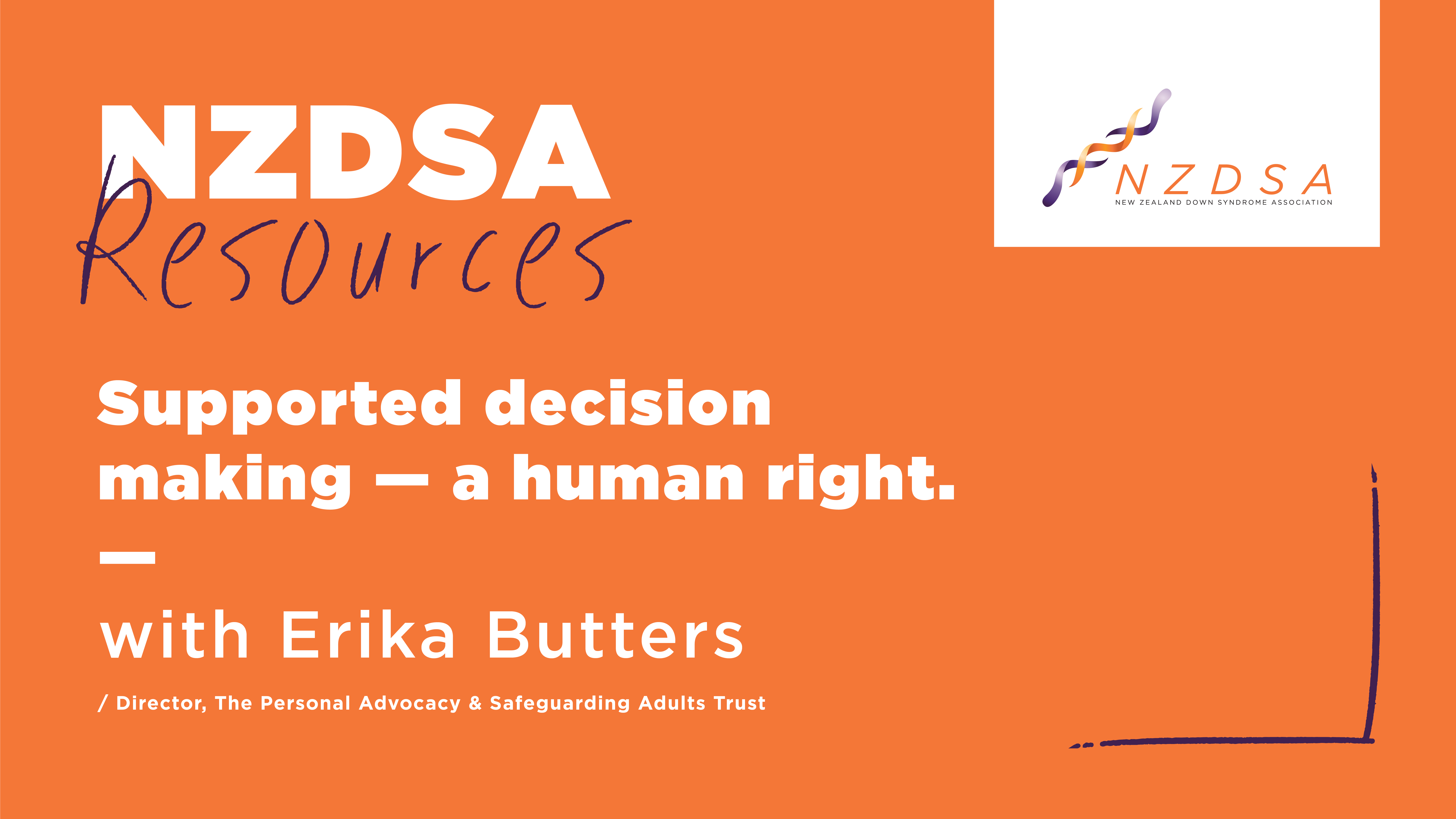
Supported Decision Making – a Human Right (WEBINAR)
STEP UP A group of people with Down syndrome who have shown an interest in self-advocacy and want to work their way into the STRIVE team. Home 9 Search query for: pati Stand up loud Talk about Empowering People with Down syndrome to have Universal Participation...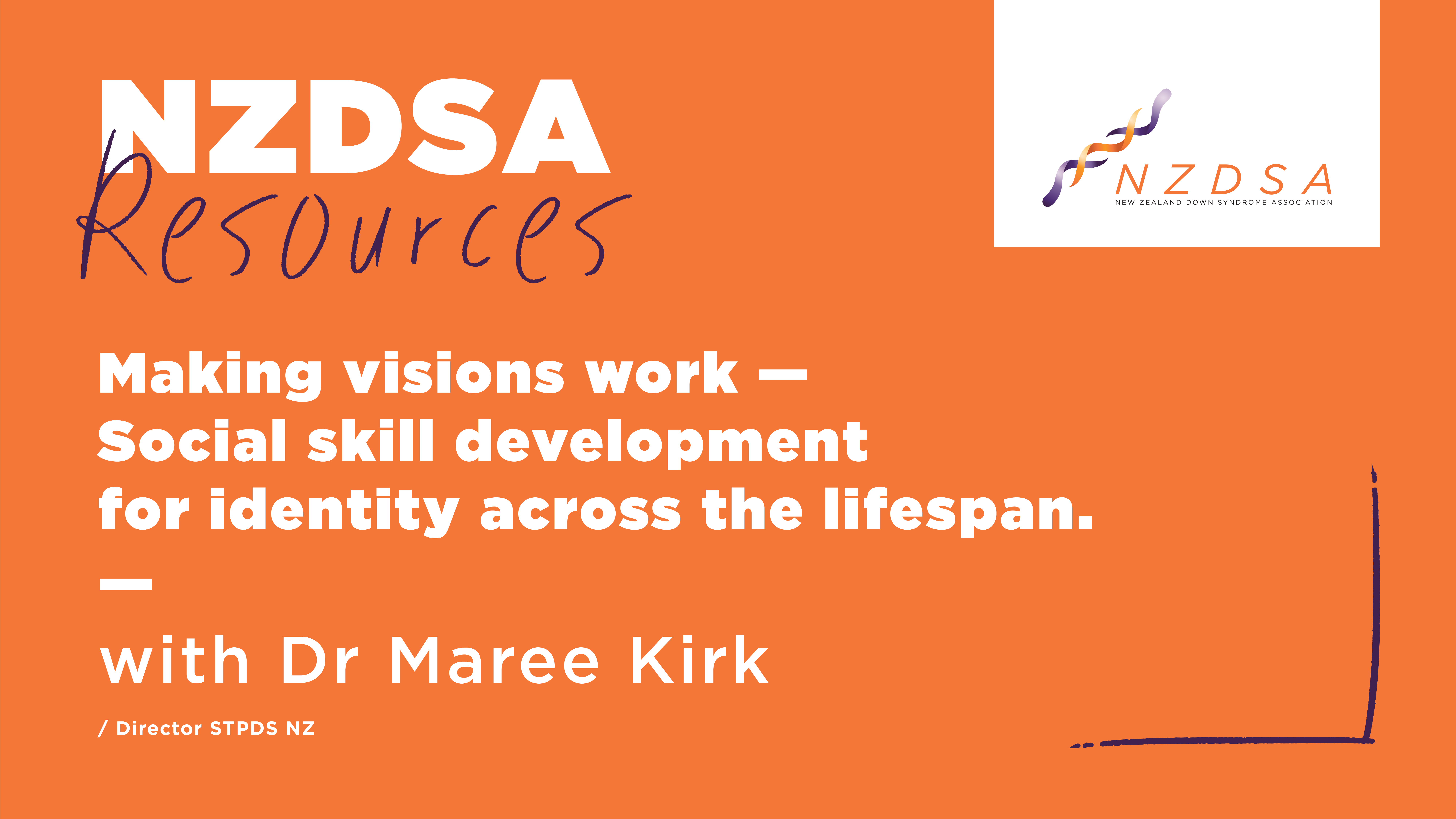
Making visions work (WEBINAR)
STEP UP A group of people with Down syndrome who have shown an interest in self-advocacy and want to work their way into the STRIVE team. Home 9 Search query for: pati Stand up loud Talk about Empowering People with Down syndrome to have Universal Participation...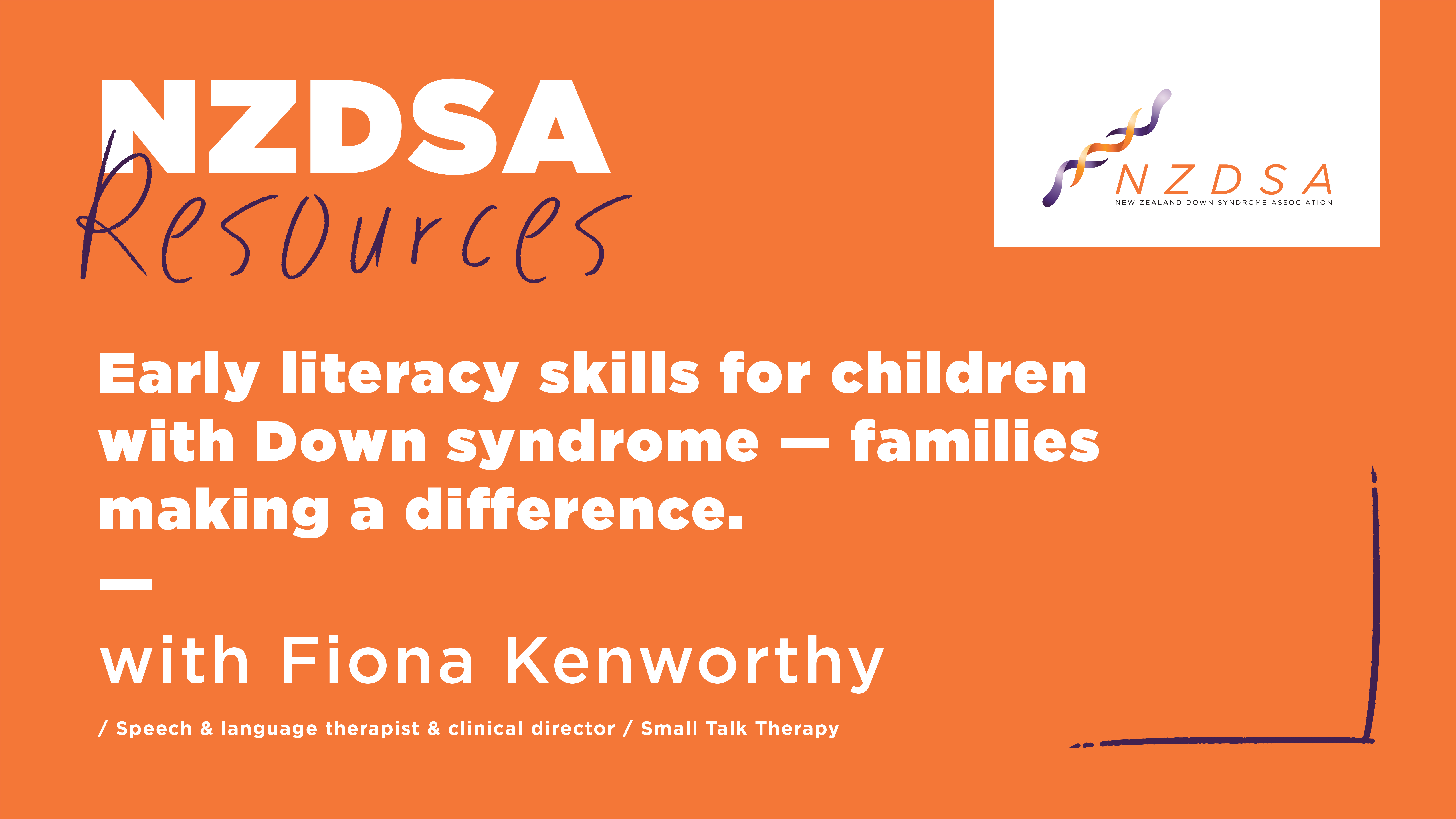
Early literacy skills for children with Down syndrome (WEBINAR)
STEP UP A group of people with Down syndrome who have shown an interest in self-advocacy and want to work their way into the STRIVE team. Home 9 Search query for: pati Stand up loud Talk about Empowering People with Down syndrome to have Universal Participation...